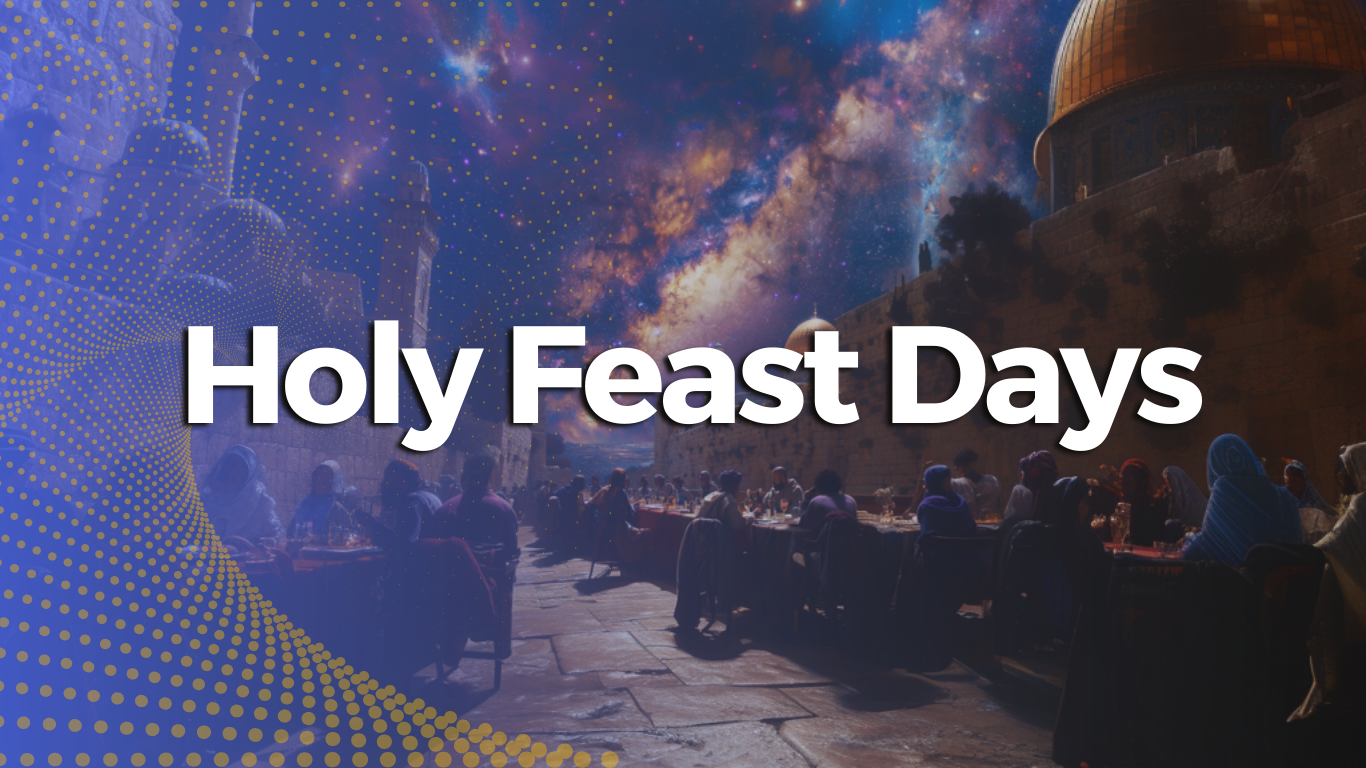

Explanation of Matzah’s Significance:
Matzah, or unleavened bread, holds a central role in the traditions of Yahuah’s people, particularly during the Feast of Passover. This simple, leaven-free bread is rich with symbolic meanings including purity, haste, and renewal.
Scriptural Context and Symbolic Meaning:
During Passover, followers of the Way partake of matzah to commemorate the Israelites’ urgent departure from Egypt, as vividly depicted in the Book of Exodus (Exodus 12:39). They baked unleavened cakes of the dough they had brought out of Egypt. The absence of leaven, which is often used in the Bible to symbolize sin and moral corruption (1 Corinthians 5:6-8), renders matzah a potent symbol of spiritual purity and the breaking away from past corruptions.
Covenantal Significance:
For Yahuah’s people, eating matzah during Passover is more than a ritual; it is a profound reaffirmation of their covenant with YHWH. This act serves as an annual reminder of YHWH’s deliverance and protection, reflecting His mercy as described in Deuteronomy 16:3, “You shall eat no leavened bread with it. Seven days you shall eat it with unleavened bread, the bread of affliction—for you came out of the land of Egypt in haste—that all the days of your life you may remember the day when you came out of the land of Egypt.”
Modern Observance and Spiritual Reflection:
The annual practice of eating matzah among Yahuah’s people during Passover is a time for reflection on themes of liberation and divine guidance. It encourages a personal and communal assessment of spiritual purity and devotion to YHWH’s path, as echoed in Psalm 34:8, “Oh, taste and see that YHWH is good! Blessed is the man who takes refuge in him!” This period is a reaffirmation of identity and faith, deeply connecting followers of the Way to their spiritual heritage and divine mission.
Conclusion:
Thus, for followers of the Way, matzah is more than a traditional food; it is a testament to YHWH’s ongoing relationship with His people. It symbolizes not only historical deliverance but also a continual, spiritual journey towards purity and renewal under YHWH’s guidance. Each year, as they partake of this humble bread, they are reminded of the words in Leviticus 23:6, “And on the fifteenth day of the same month is the Feast of Unleavened Bread to YHWH; for seven days you must eat unleavened bread.”